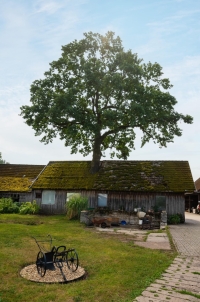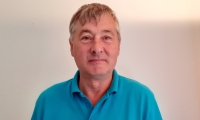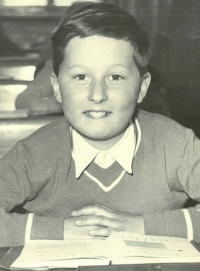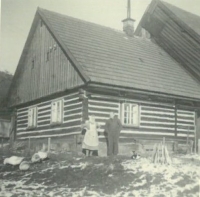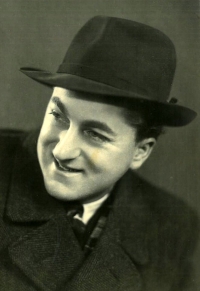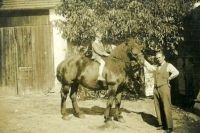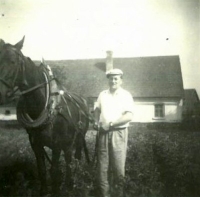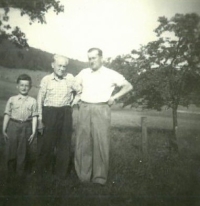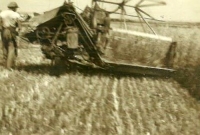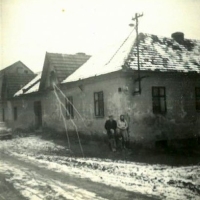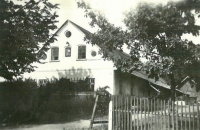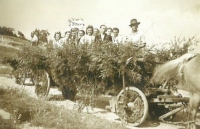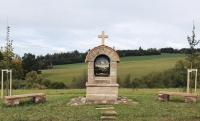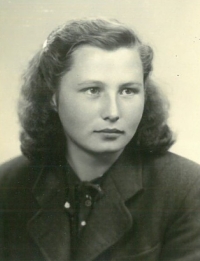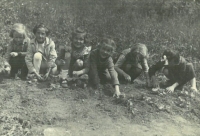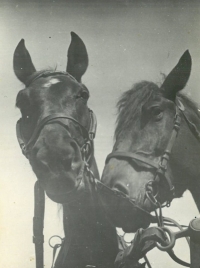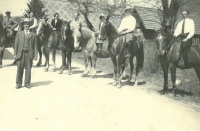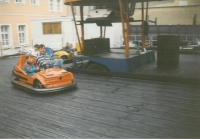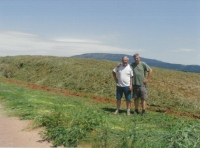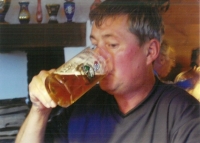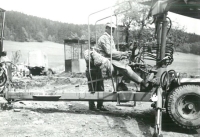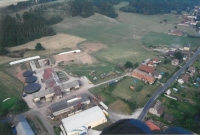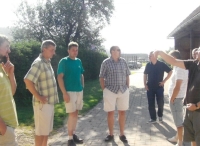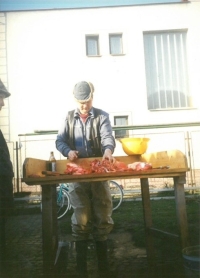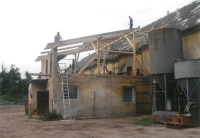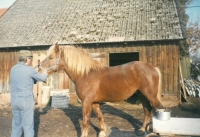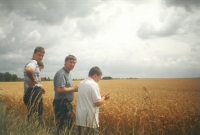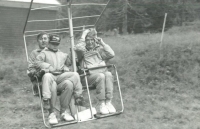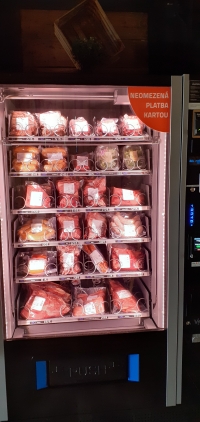A farmer is supposed to observe nature
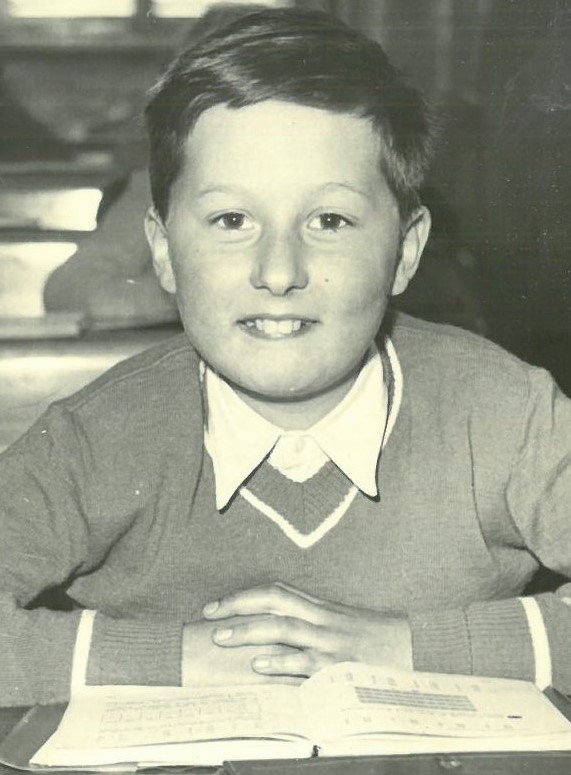
Stáhnout obrázek
Blahomír Basař was born on 7 September 1953 into a family of farmers who had successfully farmed for generations. His paternal grandparents owned a farm in Dřínov in the Mělník region. Although they were forced to join a cooperative during the years of forced collectivization of the countryside in the 1950s, they were among eight local families who were forcibly evicted from the village during the communist Operation Dřínov. It was decided that they were not allowed to return for thirty years. After the war, Blahomír‘s father bought a farm from the Germans in the village of Prosečná in the Trutnov region. Although his property was nationalized with the advent of the communists, he decided to take his parents in and let them live with him. Blahomír graduated from an agricultural apprenticeship, he had no other choice, and after two years of military service and employment in a state farm he married and went to the interior of the country to Pardubice. After the Velvet Revolution, when the family got the farm in Prosečné back in restitution, he decided to start private farming. The beginnings were difficult. He was lucky, because the whole family, his three sons, wife and mother, helped in the restoration of the farm. Gradually, and thanks to immeasurable diligence, the farm was improved. Today, the Basařs are members of the Association of Private Farmers and manage to farm successfully. They have built a biogas plant on the farm, switched from milk production to beef production, run agrotourism, a farm house in Vrchlabí, and have their own hunting ground. They are constantly educating themselves, promoting modern natural farming. All 14 members of the family work on the farm today.

